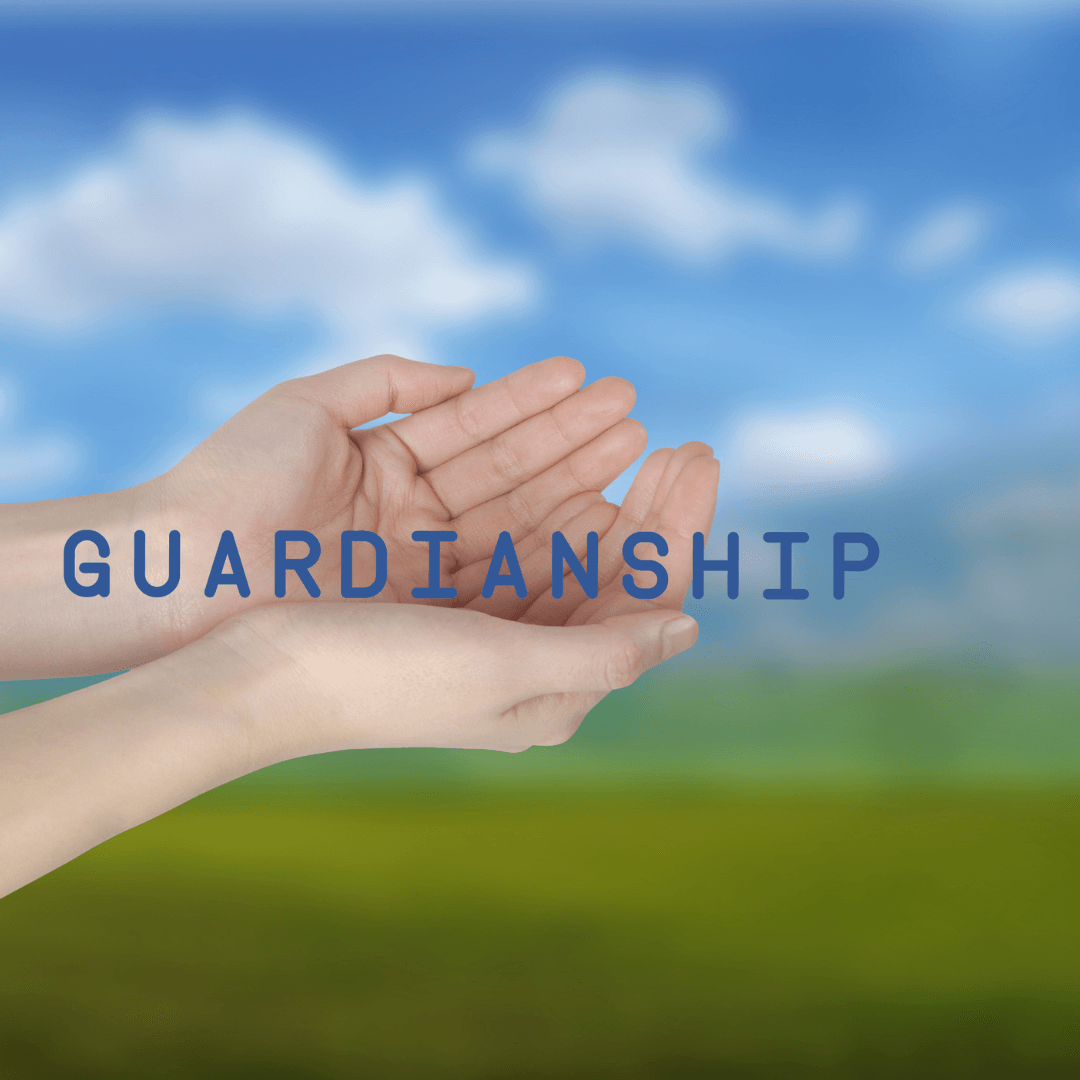What are Guardianships in New Jersey?

Guardianships in New Jersey come in many forms and with many responsibilities. Accordingly, the New Jersey Courts put together this amazing resource for people seeking guardianship.
What does all of this mean?
A
guardian is an individual appointed by the court with authority over the person and/or the estate of an adjudicated incapacitated person. A guardian may have general or limited authority.
General guardianship is a “complete in every respect” type of guardianship in which the guardian is able to exercise all rights and powers of the incapacitated person in terms of the area of responsibility he or she is granted. Also known as plenary guardianship.
A
guardian of the estate is an individual appointed by the court to handle the financial affairs of another person who has been adjudicated incapacitated. Unlike the guardian of the person, a guardian of the estate is not responsible for decisions regarding the personal well-being of the protected person. Rather, the guardian of the estate handles assets, income, expenses, and liabilities.
A
guardian of the person is an individual appointed by the court to handle the personal affairs of another person who has been adjudicated incapacitated. Unlike a guardian of the estate, a guardian of the person does not manage the financial affairs of the incapacitated person, except that a guardian of the person may serve as a representative payee for Social Security benefits.
The type of guardianship you obtain depends on the needs of the incapacitated person.
For instance, if the incapacitated person has no assets or income other than Social Security benefits or funds held in trust, then guardianship of the estate is not necessary. On the other hand, if an incapacitated person has assets such as a house or car, income - wages or pension, then guardianship of the estate may be necessary.
Another thing you must consider is whether full or general guardianship is appropriate or if limited guardianship is needed. Limited guardianship allows the incapacitated person to retain the right to independently handle certain areas of their life. As you can see, there are different options for guardianships in New Jersey. It all depends on your needs and circumstances.
If you are in need of obtaining guardianship, we are able to help you determine what level of guardianship you need and file accordingly.
Give us a call!


